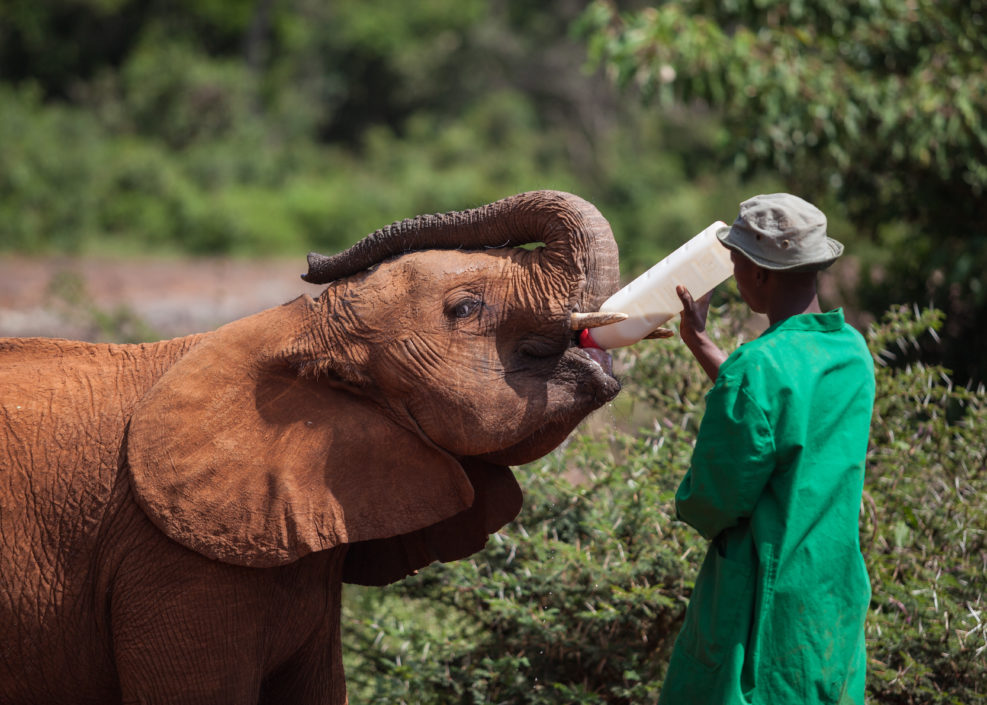
There Is No Escape From Human Exceptionalism
Author Melanie Challenger thinks we should embrace our true animal nature. But that’s impossibleMelanie Challenger, author of How to Be Animal (2021) thinks we would be less messed up if we could just accept our animal nature. She writes at Aeon, “Human exceptionalism is dead: for the sake of our own happiness and the planet we should embrace our true animal nature.” Further, Today, our thinking has shifted along with scientific evidence, incorporating the genetic insights of the past century. We now know we’re animals, related to all other life on our planet. We’ve also learned much about cognition, including the uneasy separation between instinct and intention, and the investment of the whole body in thought and action. As such, we might expect attitudes to have changed. But that isn’t the case. We Read More ›
